

Hi! I’m Don. I love telling stories. Love it! World building, fun dialog, creative plots, you name it, I’m here for it. After a career of writing about computer stuff (60-odd books), business and career management (slightly fewer books), and running tech startups, nothing relaxes me more than sinking into a good story—whether I’m reading it or writing it. I hope you’ll enjoy the stories I’ve written—be sure to scroll down, where you’ll find a button that’ll get you FIVE! free, full-length novels and a bunch of short stories.
Most of my books are currently self-published, but let me assure you: I spend the time and resources to do it right. Every novel goes through a first-stage developmental edit, line editing, and multiple copy editors. I want the stories to shine for you—and I’m certain they will!
All of my novels are available on Amazon in paperback and Kindle format (and some in hardcover and audiobook); you can also get paperbacks from almost any bookseller. All but a few of my newest releases are also available from Apple, Kobo, and other ebook retailers. Just click “Series Details” for links!
Click here for free novels and short story collections!
Follow me on Amazon Follow me on GoodReads Follow me on Bookbub
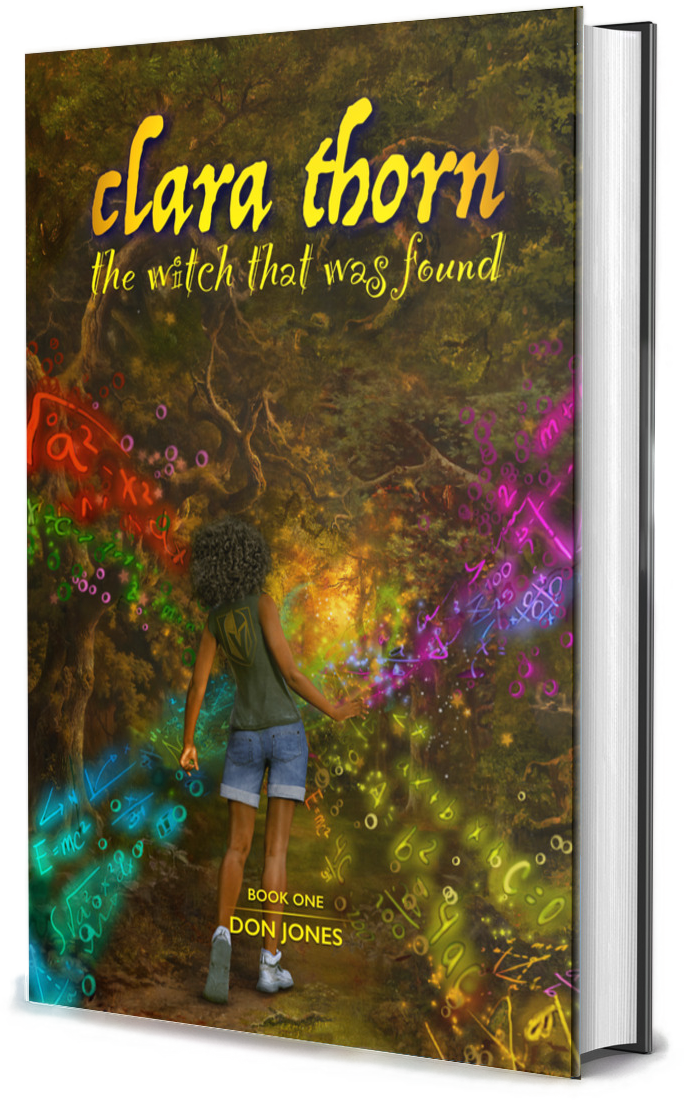
WINNER - Young Adult - American Fiction Awards 2023
FINALIST - Fantasy (General) - American Fiction Awards 2023
Clara is struggling—yet another new school, new classmates, new teachers. And on top of all that, things got weird. Three of her classmates vanish in Las Vegas’ Art Alley, and Clara follows them… into Underhill, the legendary home of the Fae. Join Clara on her adventures as she discovers her unique, once-in-a-generation place amongst the world’s witches, and as she helps all witches avoid the dire threat of the witch-hunting Paladins.
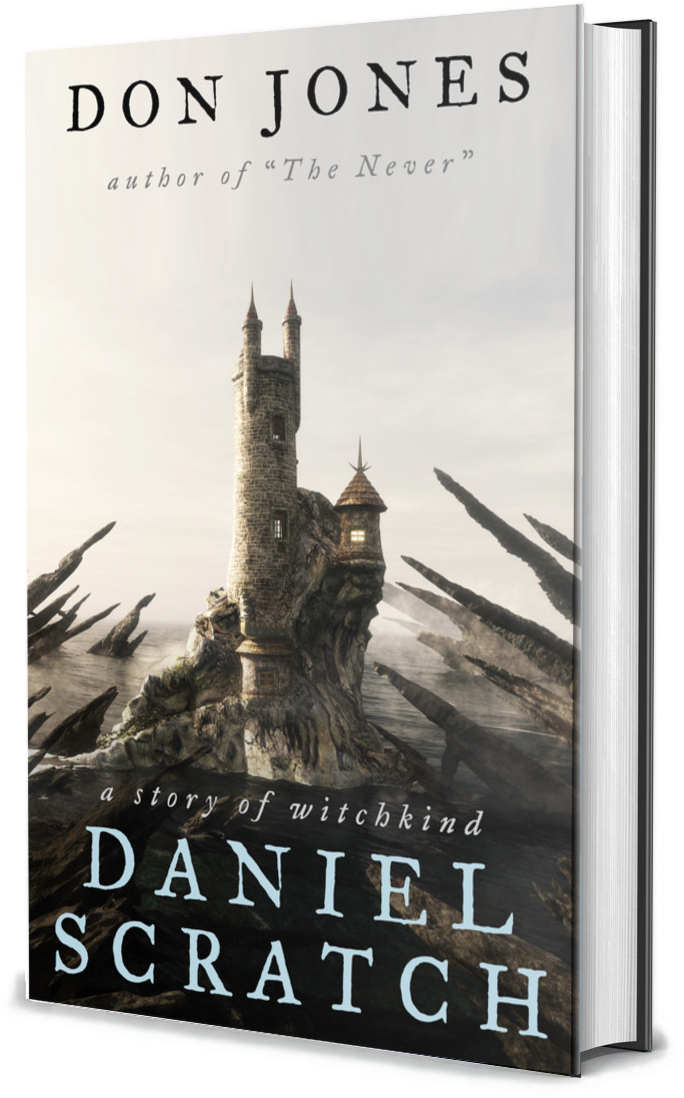
WINNER “Fantasy - General” American Fiction Awards 2023
WINNER “Fantasy” Indie Book Awards
A medieval world, where witchkind lives unseen and unknown alongside their human cousins. An orphan of witchkind, tested and Chosen to become the lone Adherent of the Sixth Axis of Death and Endings. A conspiracy that threatens the Veil that separates magic from the ordinary, and promises to reveal the mysterious Origin of magic. These are the stories of witchkind.

Frank is tired of his boring job as a virtual customer service agent for one of the world’s biggest banks. Tired of subsidized housing and food. Tired of… everything. So when his Mom sends him a Starter Kit for Endless Sky®, the hottest new full-immersion science-fiction game, he figures… why not? Before long, he’s catapulted into this fantastic new world, along with a secret character class that may prove to be more trouble than it’s worth…
A lightweight “LitRPG” series (or “GameLit,” if you prefer) in the spirit of “Ready Player One.”
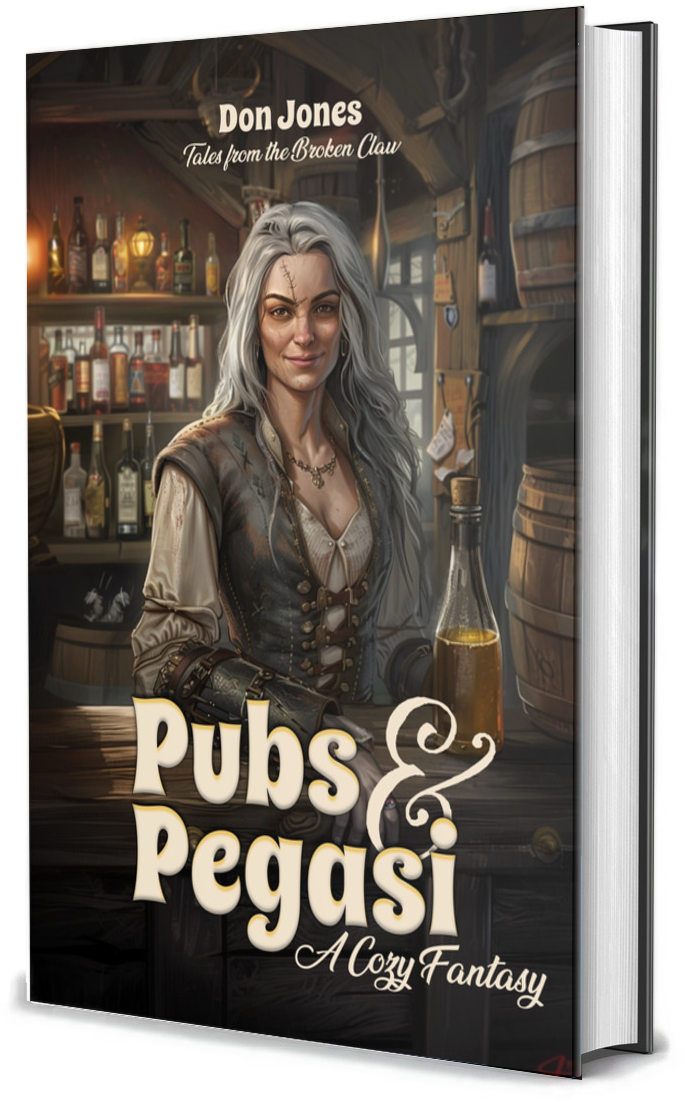
More than a few travelers find themselves at the wide-open gates of North Pointe Common Towne, where the townspeople and their unusual shops are ready and waiting to help them get equipped, a little tipsy, and fully rested for their adventures. But Sam isn’t your usual adventurer—she’s looking to settle down after a career as a hard-fighting merc. And North Pointe Common Towne might just have a place for her.
A “low stakes,” non-epic fantasy powered by the smell of freshly baked bread, a cool tankard of ale, and a curiously welcoming town that holds a few closely guarded secrets.
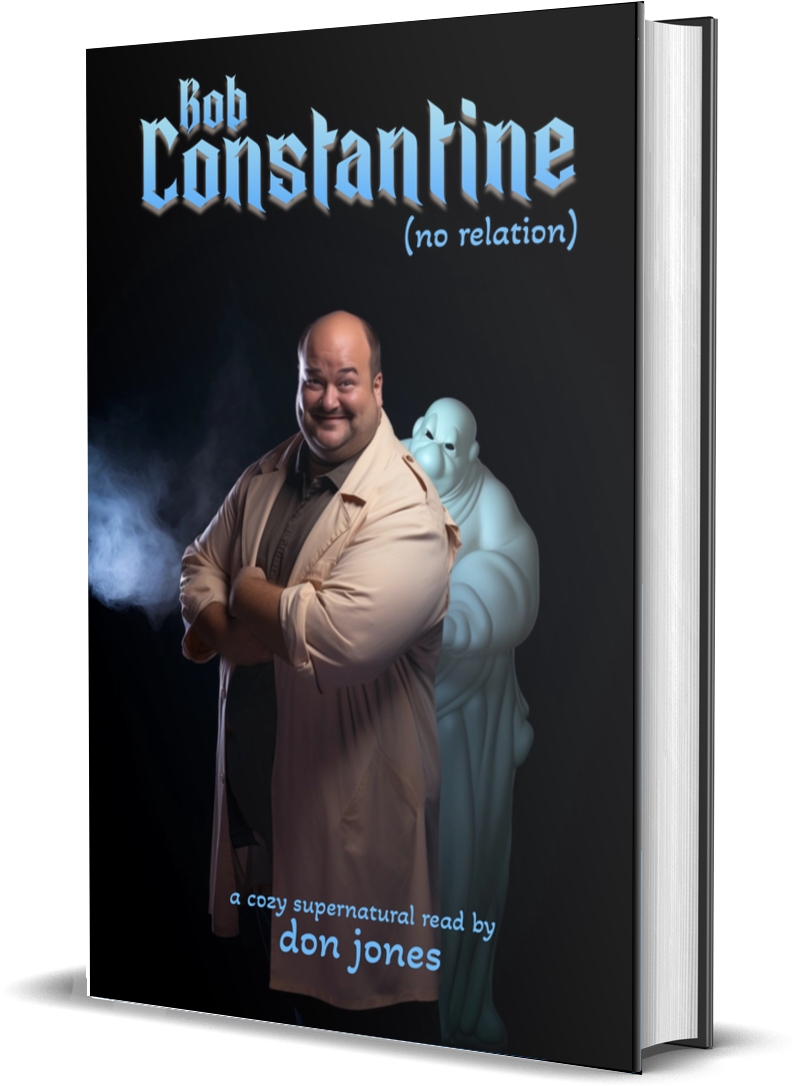
Bob Constantine (no relation to the other Constantine you may have heard of) is a down-on-his-luck exorcist-for-hire. Nondenominational. He roams from town to town, from city to city, inexorably drawn to the homes, businesses, and even places of worship that have become temporal homes for terrifying, malevolent spirits. Poltergeists. Screaming Mimis. Apparitions. Banshees.
You see, Bob is one of the rarest of humans: a necropath, with the talent to see and communicate with the spirits of the dead. And demons, obviously. Demons are real, by the way. Bob should know, as he’s had once chasing him since his powers first manifested when he was a teen—hence the roaming.
Except… Bob’s got a bit of a secret, and it’s not just that he can talk to ghosts. Turns out all the hauntings he’s been exorcising… might be… um… his fault. Sort of.
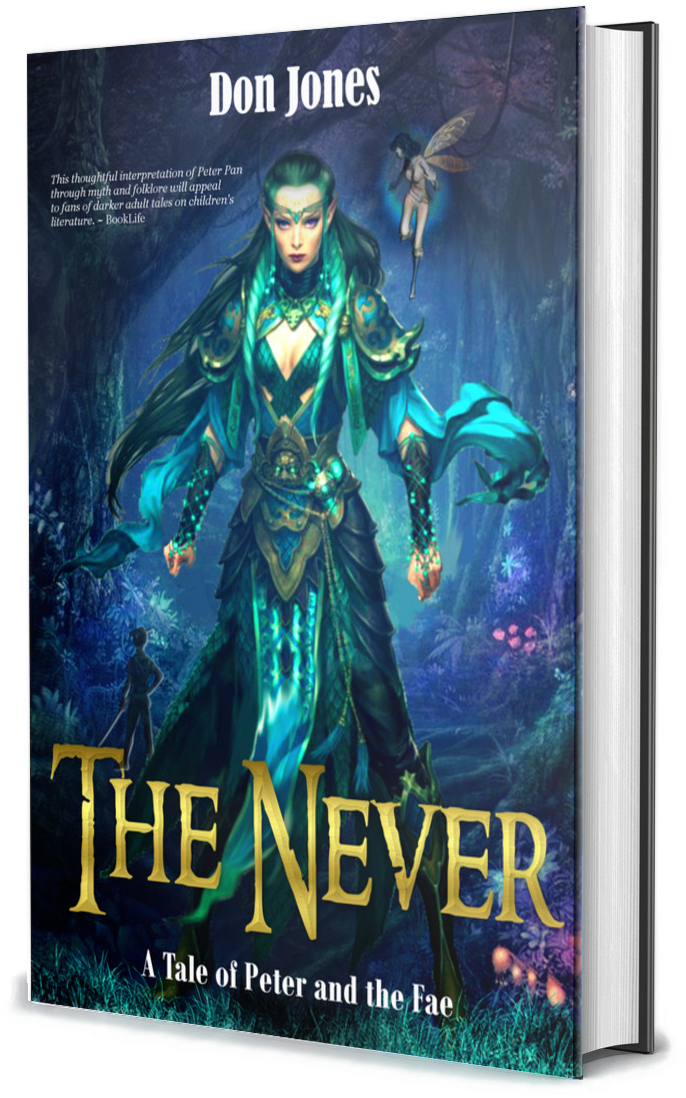
When the ancient Under Hill home of the Fae is infected with the Rot, they’re left with an unpleasant choice: die in one last, great stand, or escape to the Human world. A world they once knew, but where they no longer belong. A modern world, where Cold Iron surrounds and poisons magical beings. The Fae Queen reluctantly chooses exile, and she and her people abandon their magical castles, ancient glens, timeless forests, and centuries of power and tradition. They come into a bleak land bereft of magic and wonder, and begin to hunker down in the Human world’s hidden places. The once-proud Fae resentfully begin a life of poverty, anonymity, and fear. But one small group of Fae, accustomed to tinkering with the fabric of the universe, begin to develop an idea. An idea that will either give them a new world to live in, or wipe them completely from existence. An idea that could preserve them, or end them forever. An idea that requires the help of a young child’s boundless imagination. An idea that will take them into the Never, a place forbidden and inimical to their kind. It’s a story that you think you know, but you’ve only ever heard a small part of it. A story that starts long before those three children flew in, and that has its epic conclusion long after they’ve gone.

Before I began writing fiction, I wrote well over 60 technology and business books. Many of those are, of course, woefully outdated by this point—but a few, presented here, are more “evergreen” in nature. Click through and see what’s on offer!
Copyright © 2024-2025 by Donald Gannon-Jones. All Rights Reserved.